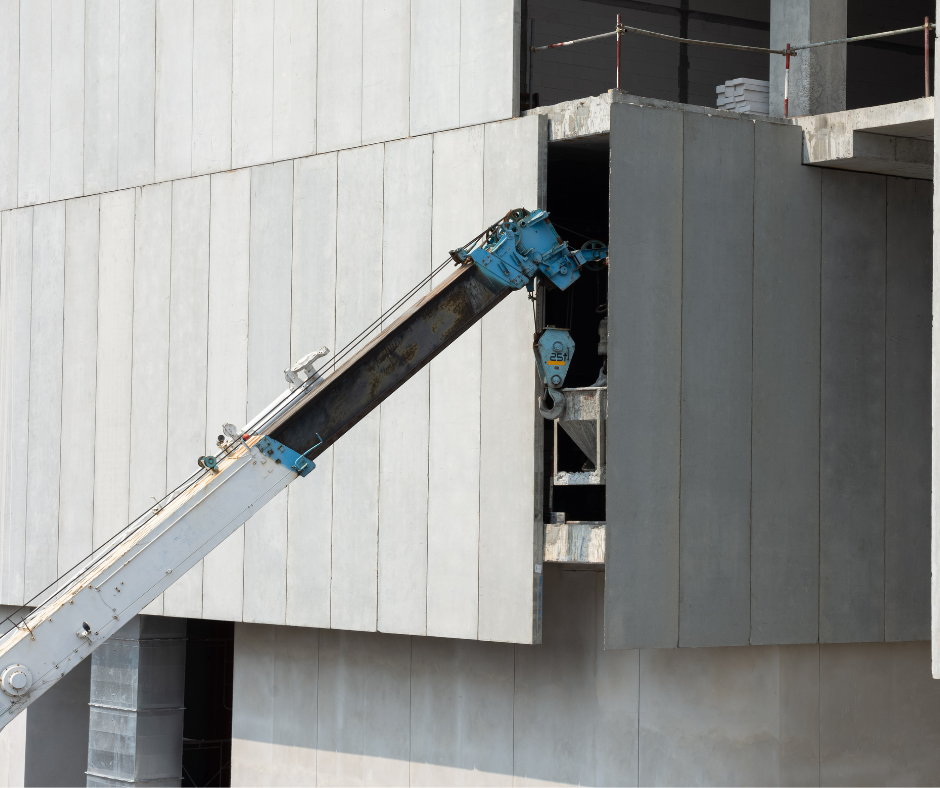Knowing your target audience in detail is essential to be able to put together a solid strategy that facilitates the purchase of your products. What is the young homebuyer like? What problems do they face? What do they need? What can we offer them? We answer these and other questions with the studies we carry out at AEDAS Homes, which allow us to analyse in more detail this segment of the population, which is crucial for the real estate sector.
Every young person dreams of the moment when they will be able to stop living with their parents and start their life outside the family safety net. Why do young Europeans emancipate on average at 26 years, according to Eurostat, and Spaniards wait until they are over thirty? The study we published in June 2020, entitled “The impact of Covid on young people’s demand for housing”,surprised us because we saw that 40% of young people up to the age of 34 still live with their parents, a worrying reality that is accentuated in the areas of Barcelona, Levante or Andalusia, with figures close to or even higher than 50%..
On average, they need to save 34,194 euros to be able to put a down payment on a house.
These young people do not choose to live with their parents because they do not want to emancipate themselves, but precisely the opposite. They need to save an average of 34,194 euros to be able to put a down payment on a house, according to the average value of housing published by MITMA in the second quarter of 2020.
Is living with parents the best way to save? Not necessarily. In our Housing and Young People 2020 study published in December last year, we found that young people living as a couple in a rented house have managed to save an average of 15,901 euros, while those living with their parents do not reach 10,000 euros, a similar figure to those who share a flat.
In this sense, and according to our latest study, 46.4% of young people would not be able to buy a house right now because they do not have enough savings and to this, we have to add that 60% would not be able to count on help from their parents -only 7.9% would receive enough help from their parents to buy a house, more than 30,000 euros-.
Eight out of 10 young people still intend to buy despite the health and economic situation.
Despite the difficulties, young people want to continue buying homes and not even the second wave had a clear negative impact on this objective. Among those looking to move house, the so-called replacement demand, eight out of 10 young people continue with their intentions to buy regardless of the health and economic situation. And, among those looking for their first home, who are the ones with the lowest savings rates, surprisingly, seven out of 10 keep their intentions unchanged.
These studies send us a very clear message: let’s take care of young people from the real estate sector, they are convinced and doing their homework so that they do not have to stop their life plans again, as they had to do during the economic crisis of 2008. Let’s listen to what they say and help them in their intention to access housing. Source: elEconomista.es
Source: elEconmista.es



